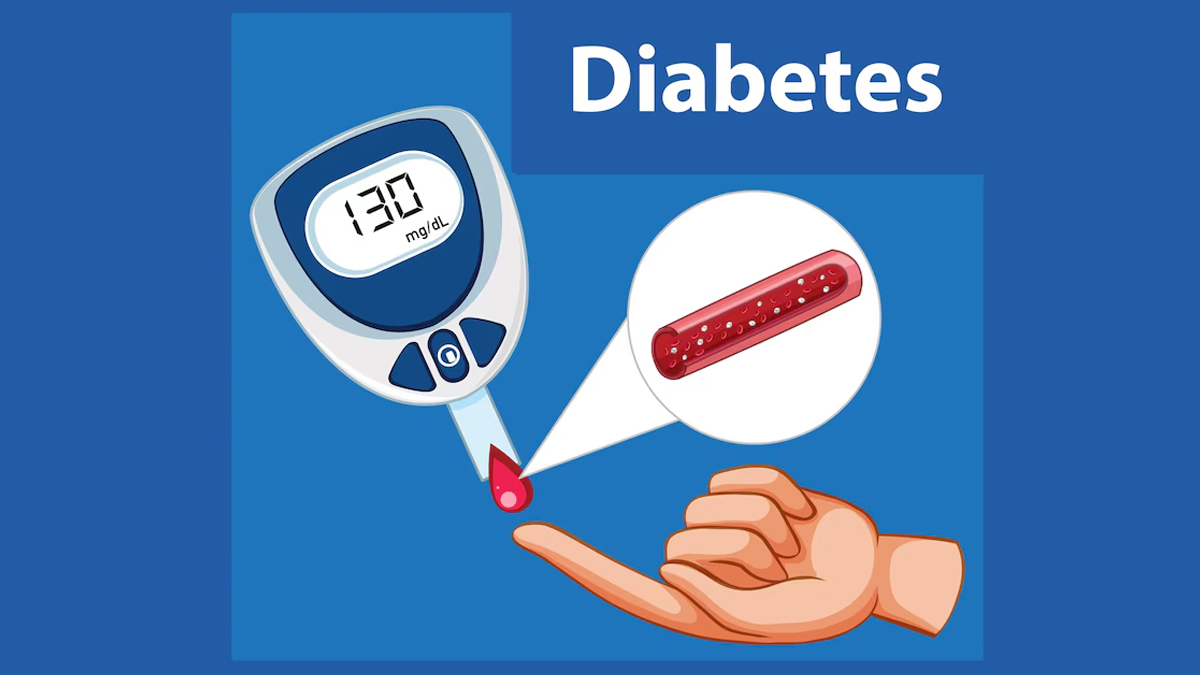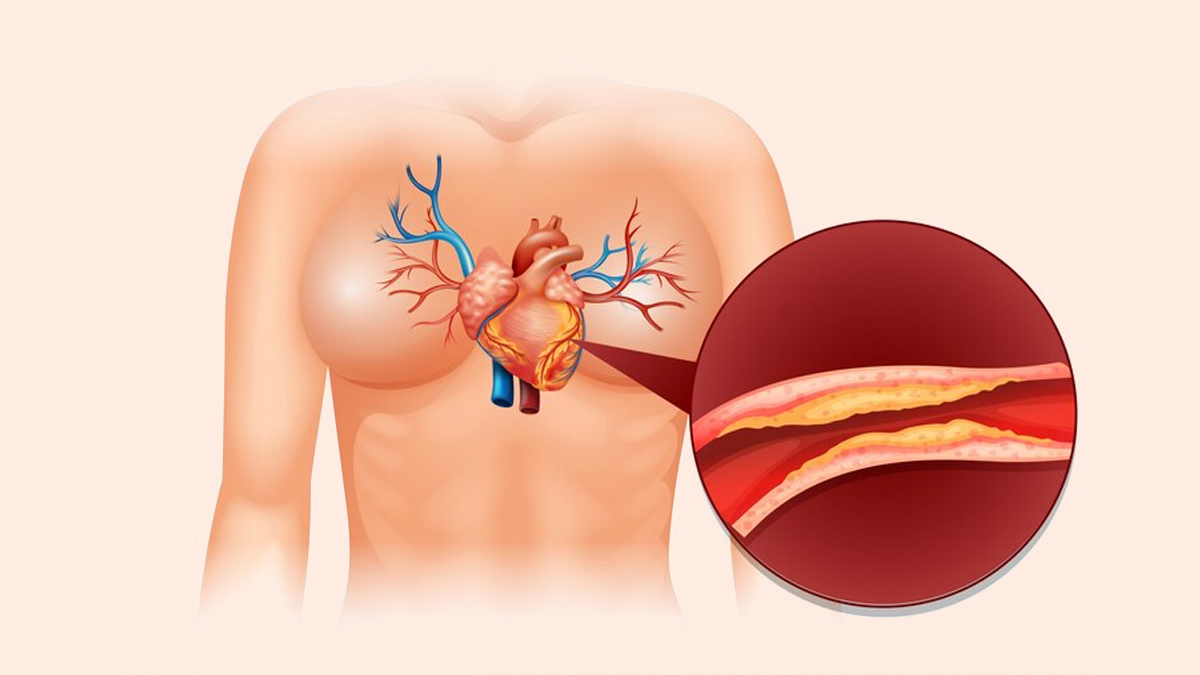
In the hustle and bustle of modern life, skipping meals has become second nature for many of us. Whether it’s rushing to meet deadlines, managing packed schedules, or attempting quick-fix weight loss, the act of forgoing breakfast, lunch, or dinner often feels like a small sacrifice. But what seems like an innocent habit could have far-reaching implications for your heart.
Table of Content:-
Emerging research highlights that skipping meals is more than just a disruption to your routine, it’s a potential disruptor of your health. From blood sugar imbalances to cholesterol fluctuations, this seemingly harmless practice can pave the way for serious cardiovascular risks. If protecting your heart is a priority, understanding the hidden dangers of irregular eating patterns is essential.
To understand more about how skipping meals can lead to heart disease, OnlyMyHealth team interacted with Dr Manoj Kumar, Principal Director & Unit Head - Cath Lab, Cardiac Sciences, Max Super Speciality Hospital Patparganj.
He said, “Skipping meals has become a common practice in today's fast-paced world. However, while occasional fasting may not have significant immediate effects, the regular habit of skipping meals can pose a hidden risk to heart health over time.”
The Link Between Skipping Meals and Heart Disease
Heart disease remains one of the leading causes of mortality globally, influenced by a variety of factors, including diet. The human body functions optimally when fuelled with consistent nutrition. Skipping meals disrupts this rhythm, potentially increasing the risk of cardiovascular problems.
Blood Sugar Imbalances

One of the primary effects of skipping meals is a disruption in blood sugar levels. When a meal is skipped, blood sugar levels can drop too low, causing hypoglycaemia. In response, the body releases stress hormones like cortisol and adrenaline, which increase heart rate and blood pressure. Over time, these fluctuations can contribute to insulin resistance, a precursor to type 2 diabetes, a significant risk factor for heart disease. Dr Manoj Kumar explains, “The body may struggle to maintain stable blood glucose levels, leading to the release of stress hormones. This can increase cardiovascular strain and contribute to long-term complications.”
Also read: Sugary Drinks Causing Over 3 Million Diabetes And Heart Disease Cases Every Year: Study
Increased Risk of Overeating Later

Skipping meals often leads to excessive hunger, causing individuals to overeat during their next meal. Such episodes typically involve high-calorie, high-fat, and high-sugar foods, which can lead to weight gain. Obesity, in turn, is a major contributor to heart disease. Furthermore, the spike in blood sugar levels after consuming large quantities of food can result in inflammation and an increased burden on the heart.
Higher Cholesterol Levels

Consistently irregular eating patterns can also lead to adverse changes in cholesterol levels. Research shows that skipping meals can raise LDL (bad) cholesterol and lower HDL (good) cholesterol, creating an imbalance that affects heart health. Elevated LDL cholesterol contributes to plaque buildup in the arteries, a condition known as atherosclerosis, which significantly increases the risk of heart attacks and strokes.
Increased Stress on the Body
Skipping meals signals the body to conserve energy, interpreting the absence of food as a form of deprivation. This triggers the release of stress hormones, particularly cortisol. Chronic elevation of cortisol levels is associated with high blood pressure, increased inflammation, and heightened risk of cardiovascular diseases. “When food intake is inconsistent, the body’s stress response is heightened, contributing to long-term cardiovascular strain,” adds Dr Manoj Kumar.
The Importance of Consistent, Balanced Meals

For optimal heart health, consistency in eating patterns is crucial. Instead of skipping meals, it is advisable to maintain a regular eating schedule that includes three balanced meals per day. Each meal should ideally include lean proteins, healthy fats, whole grains, and a variety of fruits and vegetables. Small, nutrient-rich snacks between meals can also help stabilise blood sugar levels and prevent overeating.
Dr Manoj Kumar highlights, “A healthy heart relies on consistency. Adopting a balanced eating pattern and incorporating healthy lifestyle practices, such as regular exercise, adequate sleep, and stress management, can significantly reduce the risk of heart disease.”
Also read: Signs Your Heart May Need A Check-Up
A Holistic Approach to Heart Health
Preventing cardiovascular issues involves more than just regular meals. A holistic approach, including maintaining a healthy weight, engaging in regular physical activity, and avoiding smoking and excessive alcohol consumption, is vital for overall heart health. Stress management techniques, such as mindfulness and yoga, can further support cardiovascular wellbeing.
Conclusion
While missing a meal occasionally may not seem consequential, making it a habit could have serious implications for heart health. The disruption of metabolic processes, fluctuations in blood sugar, and increased likelihood of overeating later are all factors that can increase the risk of heart disease.
As Dr Manoj Kumar aptly summarises, “Consistency in eating, combined with a balanced diet and a healthy lifestyle, is essential for maintaining a healthy heart and reducing the risk of cardiovascular diseases.” Prioritising regular, nutritious meals can go a long way in safeguarding your heart and overall health.
Also watch this video
How we keep this article up to date:
We work with experts and keep a close eye on the latest in health and wellness. Whenever there is a new research or helpful information, we update our articles with accurate and useful advice.
Current Version
